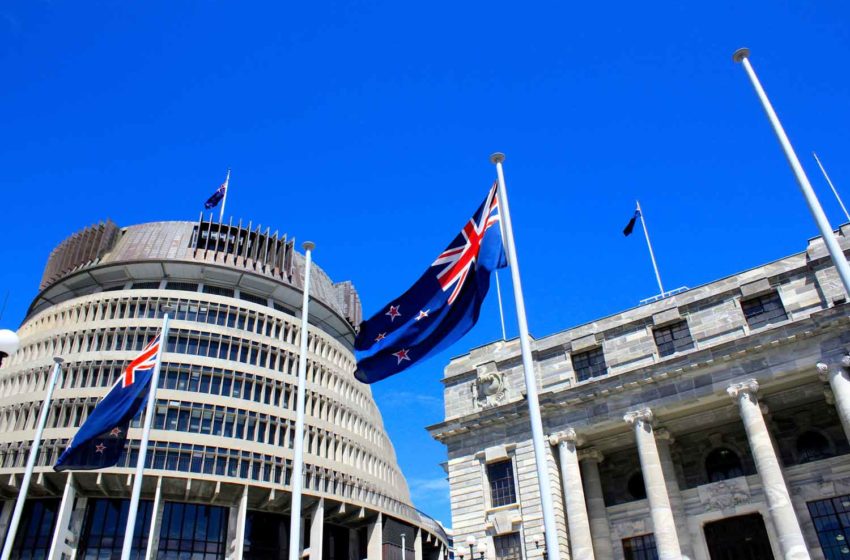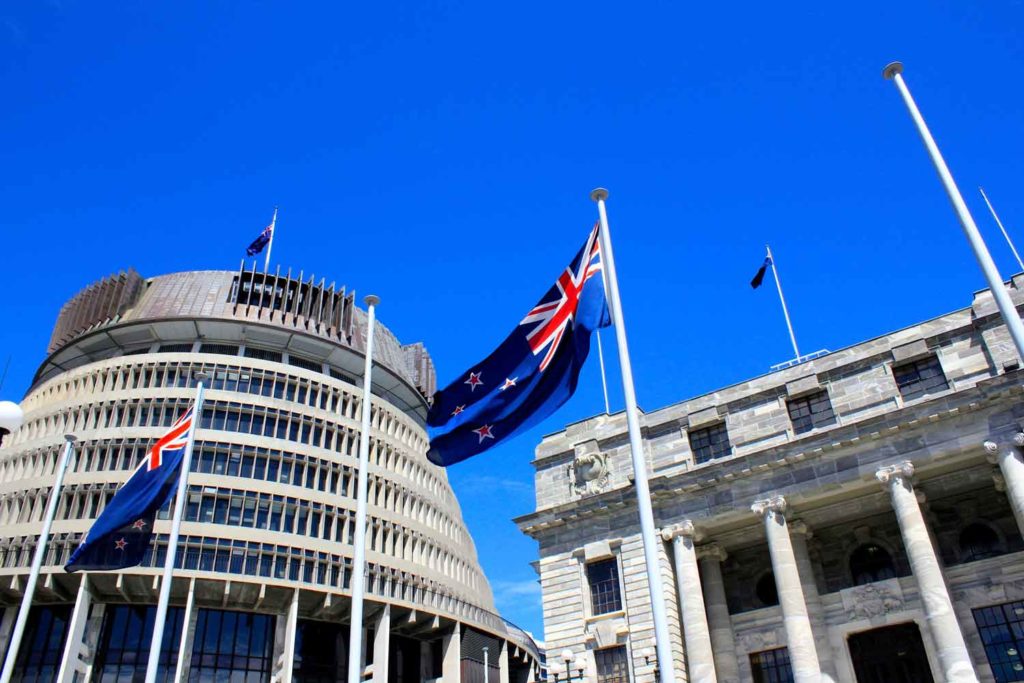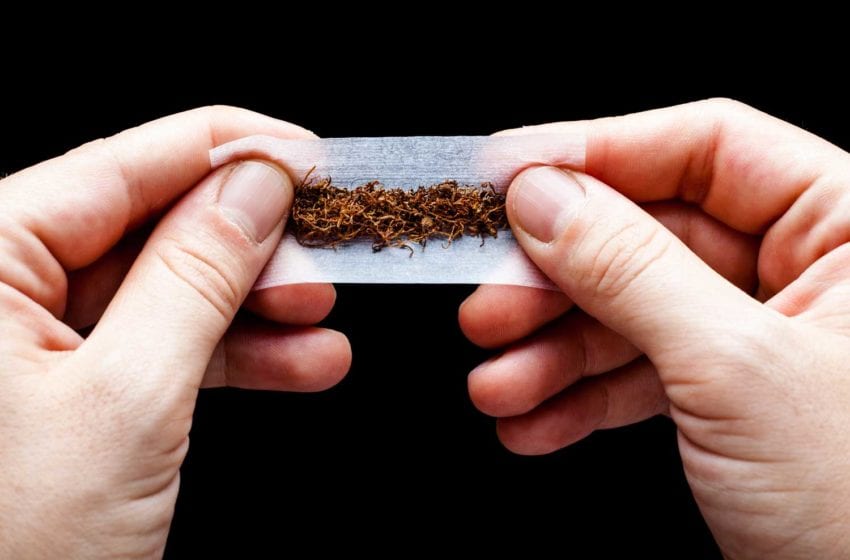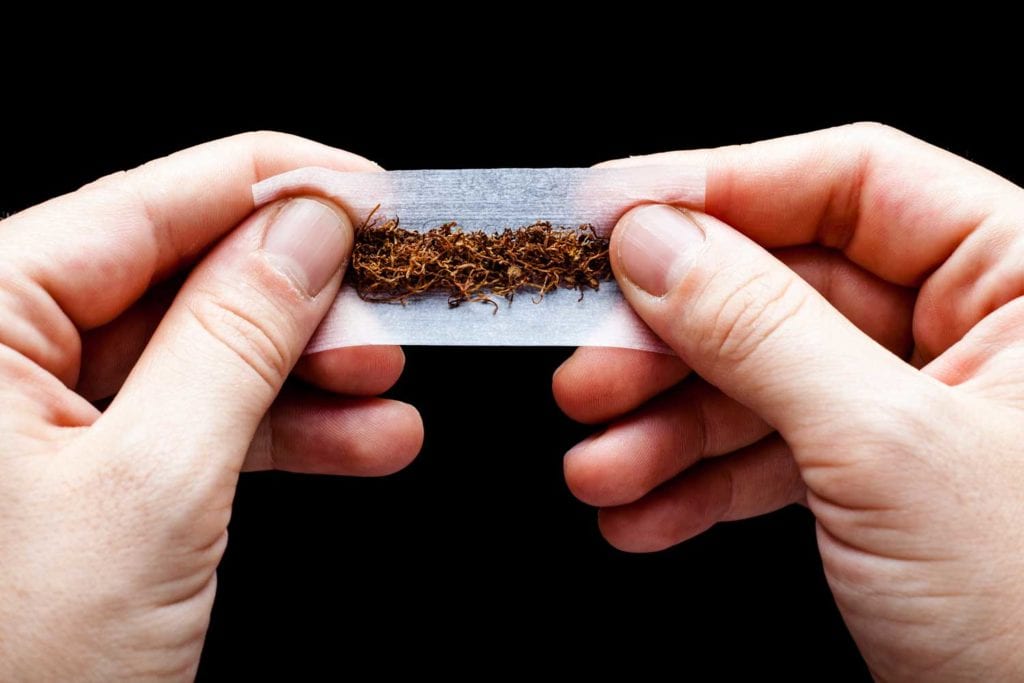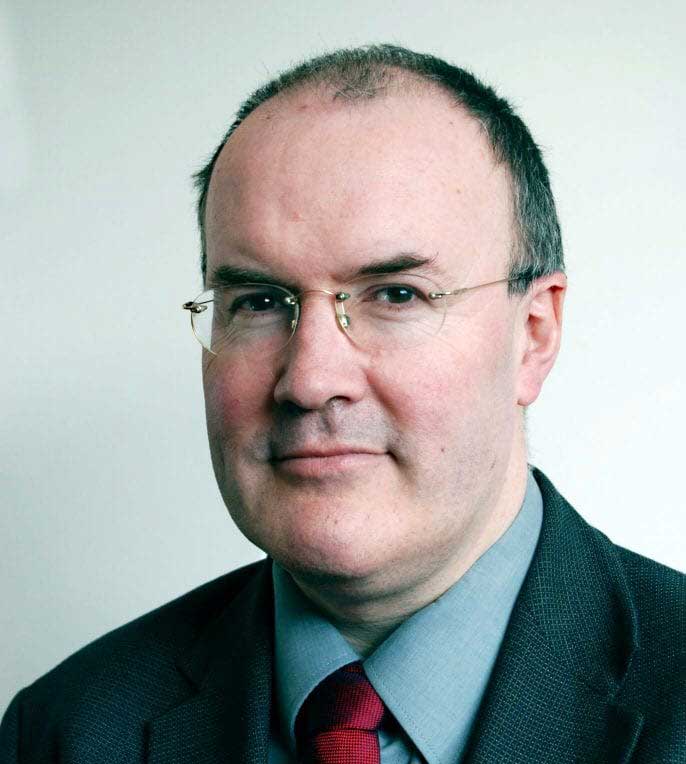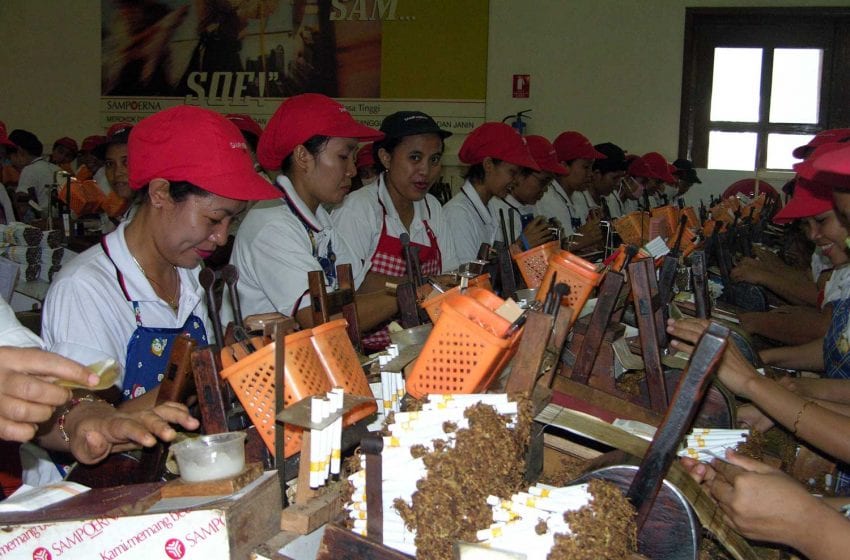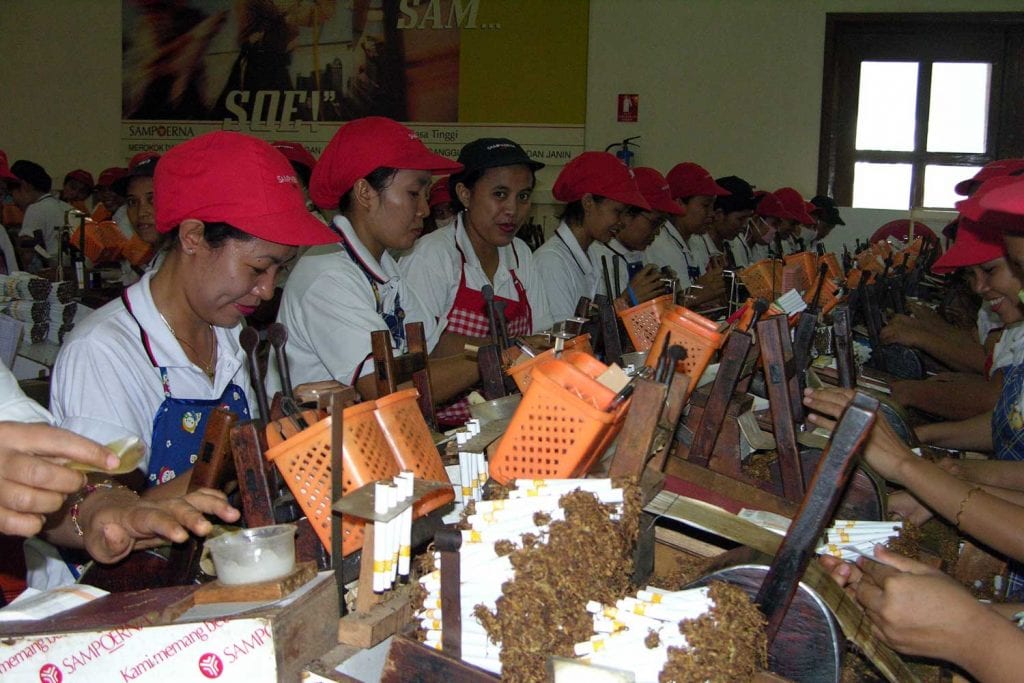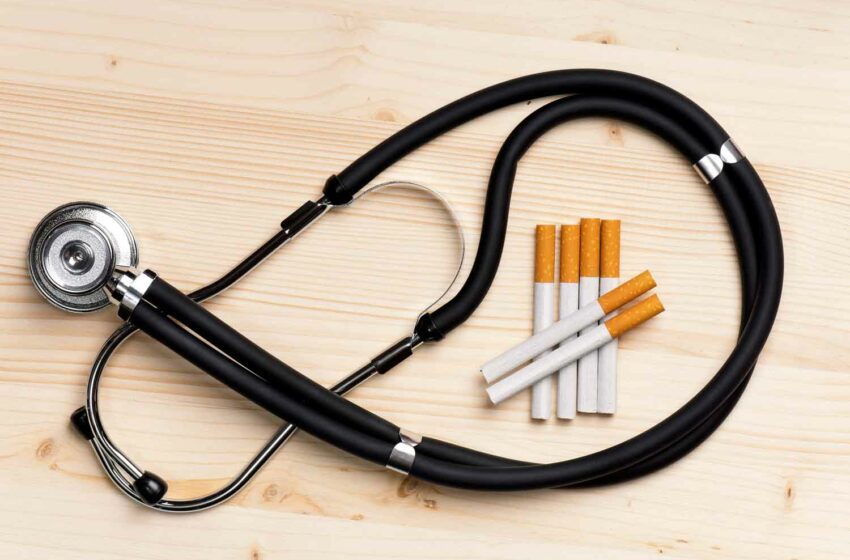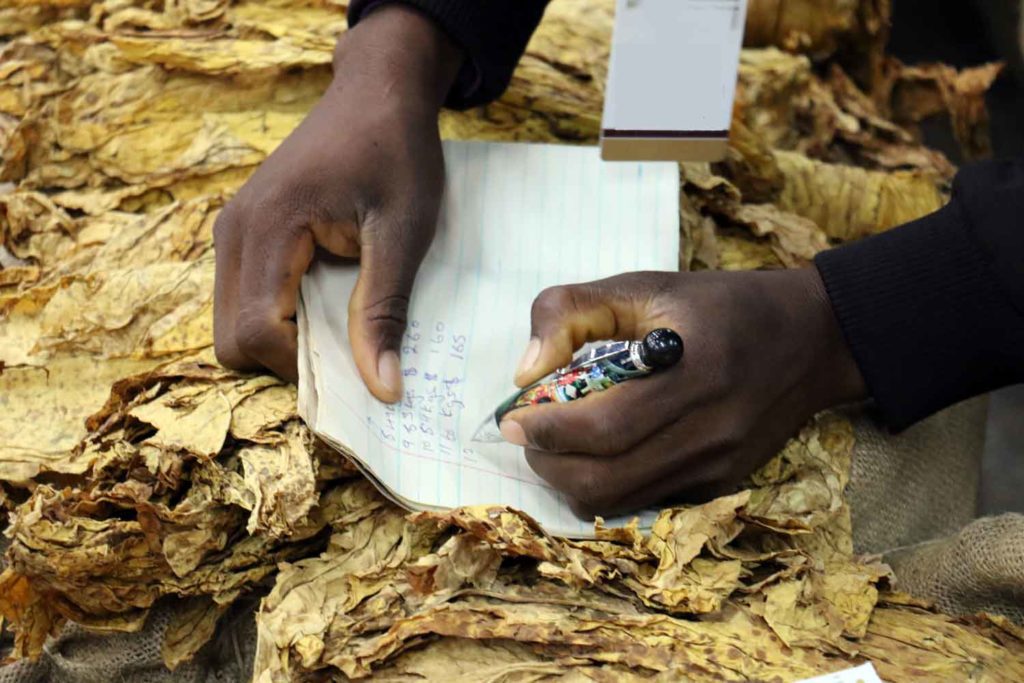
Philip Morris International has appointed Travis Parman as vice president and chief communications officer of the U.S.
“We are thrilled that Travis is joining us in our bold ambition to deliver a smoke-free future in the United States. We’re on a mission to replace cigarettes—the most harmful form of nicotine consumption—as soon as possible with science-based smoke-free alternatives that are a better choice than continued cigarette use,” said Stacey Kennedy, president of the Americas region and CEO of PMI’s U.S. business, in a statement. “With his passion for positive change and deep communications experience in the U.S. and internationally, Travis will be a valuable addition to our leadership team.”
Parman joins PMI from AppHarvest, a tech-driven sustainable food company based in Kentucky, where he served as chief communications officer since 2020. He previously held multiple roles with the Renault-Nissan-Mitsubishi Alliance in Paris; Nashville; and Yokohama, Japan—most recently as vice president of international communications and global engagement.
Prior to his work with the alliance, he held public relations and communications leadership roles at General Motors, Ally Financial and PulteGroup. Parman holds a master’s degree in communications management from the Newhouse School of Public Communications at Syracuse University and a bachelor’s degree in communications from the University of Tennessee.
“Joining PMI at such a pivotal moment in the company’s journey toward a smoke-free future provides the perfect opportunity to drive meaningful change, which has been a hallmark throughout my career as a communicator,” said Parman.






